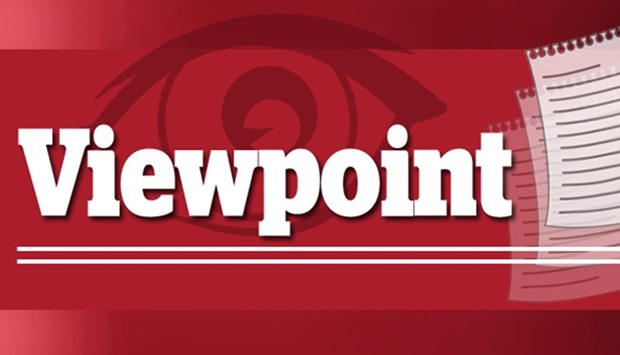At a recent meeting with a high-level Qatari delegation led by HE the Minister of Economy and Commerce Sheikh Ahmed bin Jassim bin Mohamed al-Thani in Washington, DC, IMF deputy director general Tao Zhang praised the economic policies pursued by Qatar and its success in tackling economic crises that plagued the global economy.
The IMF official noted that Qatar has adopted “ambitious strategic plans” to diversify its economy away from oil and gas by increasing the non-oil sector’s contribution to the macro economy and reducing reliance on hydrocarbon revenues.
He touched upon the economic reforms carried out by Qatar recently and compared that with the global economic growth and that of the developed and developing economies.
The presentation also addressed the performance of the banking system during the siege, which proved strong, and the financial efficiency against geopolitical fluctuations.
In its latest report on Qatar, IMF said the economic, financial impact from the illegal blockade on the country by a quartet of Arab nations is fading.
Qatar’s banking system has recovered from initial outflows and the economy is expected to grow 2.6% this year, the IMF said in a report last month citing formal consultations with Qatar.
Bank assets in Qatar expanded to $378.9bn growing 9.1% y-o-y in February.
Deposits from the non-resident and private sector remained stable in February.
Bank deposit growth was 6% y-o-y in February, while credit growth stood at 7.4%, driven by lending to the public sector, which grew 12.6% y-o-y.
Qatar’s gross domestic product (GDP) is set to grow 2.6% this year and then average 2.7% during 2019-23, bolstered by Doha’s moves to increase liquefied natural gas production capacity by about 30%, IMF noted.
Qatar’s fiscal deficit is estimated to have narrowed to about 6% of gross domestic product in 2017 from 9.2% in 2016, the IMF said.
The country’s foreign exchange reserves with the Qatar Central Bank remained broadly stable at around $38bn in February, equating to six months of import cover, QNB data showed. This, obviously, points to a comfortable forex position for Qatar.
The country’s current account surplus widened to 6.4% of GDP in the fourth quarter (Q4) in line with higher oil prices while the financial account deficit narrowed, a result of prudent financial planning and discipline.
Stressing that the direction of the energy and water price reforms is appropriate, the IMF said, “Gradually reducing energy subsidies (water and electricity), while putting in place robust mechanisms to protect the most vulnerable segments of the population is important.”
Highlighting that Qatar’s medium-term financial outlook is expected to remain broadly favourable; IMF stressed while the implementation of the public investment programmes and the ease in the pace of fiscal consolidation would help support growth, the continuation of the diplomatic tensions could weigh on the confidence.

